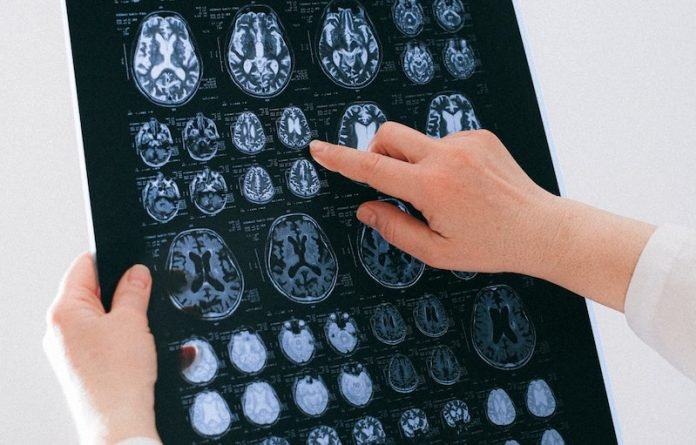
Scientists from the University of Otago found a brain protein with a high potential to delay or reverse the onset of Alzheimer’s disease.
The research is published in Frontiers in Neuroscience and was conducted by Emeritus Professor Warren Tate et al.
There are currently no effective therapies to treat Alzheimer’s, but new research has found a neuroprotective brain protein that could change that.
After decades of intense international research that, so far, has disappointingly failed to come up with ways to control dementia, this is a promising indication that a pathway to future success might be finally emerging.
In the study, the researchers found a particular brain protein changed the gene expression and protein profile of the human neuron in pathways linked to enhancing learning and memory.
They found that it was surprising that this natural therapeutic protein alone was able to bring about so many changes in the human neuron to mechanisms of memory enhancement, nerve cell proliferation, modification, or protection.
The human brain protein sets off a cascade of important events for regulating the nerve cell in its important neurological functions.
The researchers used human neurons in culture as a model system.
This enabled, with state-of-the-art analytical technologies, for the global molecular changes occurring in the human cells to be examined when they were exposed to the promising therapeutic protein.
The team says understanding how the protein affects the human neuron is a significant step toward harnessing it for therapy against the memory loss seen in the dementia of Alzheimer’s disease.
While it is too early to talk about its value for clinical use, the team says they are now investigating how this promising protein, or small derivatives of it, could be delivered to the brain and thereby be used as a therapy.
If you care about Alzheimer’s disease, please read studies about a new biomarker of Alzheimer’s disease, and how to treat mild to moderate Alzheimer’s disease.
For more information about brain health, please see recent studies about why women are more susceptible to Alzheimer’s, and results showing scientists find alternative drug strategies against Alzheimer’s disease.
Copyright © 2022 Knowridge Science Report. All rights reserved.



